France has a rich and diverse agricultural landscape, and agriculture has played a significant role in the country’s history and economy. Here’s a description of agriculture in France:
- Crop Production: France is a major producer of a wide variety of crops. The country’s fertile soils and diverse climate zones allow for the cultivation of different crops. Some of the primary crops grown in France include wheat, corn, barley, sugar beets, potatoes, grapes, and sunflowers.
- Wine Production: France is renowned for its wine production. It’s one of the world’s top wine producers, with regions like Bordeaux, Burgundy, Champagne, and the Loire Valley famous for their high-quality wines. The country is known for its strict regulations governing the production and labeling of wines, such as the Appellation d’Origine Contrôlée (AOC) system.
- Livestock: Livestock farming is also a significant part of French agriculture. Dairy farming, beef cattle, poultry, and sheep farming are common. France is known for its dairy products like cheese and butter, and it’s one of the largest milk producers in the European Union.
- Agricultural Regions: France’s agricultural activity varies by region due to its diverse climate and geography. The northern regions, such as Normandy and Brittany, are well-suited for dairy farming, while the south, with its Mediterranean climate, is known for fruit and vegetable production. The central regions are known for grain cultivation.
- Organic Farming: France has been promoting organic farming, and it has a significant organic agriculture sector. The government has introduced various incentives to encourage farmers to transition to organic practices, and organic food products are increasingly popular.
- Agricultural Technology: French agriculture has embraced modern technology and mechanization. Precision farming techniques, such as GPS-guided tractors and drones, are widely used to improve productivity and reduce environmental impacts.
- Agricultural Policy: The Common Agricultural Policy (CAP) of the European Union plays a crucial role in shaping French agriculture. It provides subsidies and support to farmers to ensure food security, protect the environment, and maintain the rural landscape. France benefits significantly from CAP funding.
- Challenges: French agriculture faces several challenges, including urbanization, labor shortages, and environmental concerns. There’s an ongoing effort to make agriculture more sustainable, reduce pesticide use, and promote biodiversity.
- Exports: France is a major agricultural exporter, with agricultural products being a significant contributor to its trade balance. Besides wine, it exports a variety of food products, including dairy, meat, and processed foods.
- Cultural Significance: Agriculture is deeply rooted in French culture, and it plays a vital role in the country’s identity. The French take pride in their culinary traditions and the use of locally sourced, high-quality ingredients.
In summary, French agriculture is diverse, dynamic, and of considerable economic and cultural importance. It combines traditional farming practices with modern technology, and its produce, particularly wine and cheese, is celebrated globally. Efforts are being made to address environmental and sustainability challenges while maintaining the country’s strong agricultural traditions.

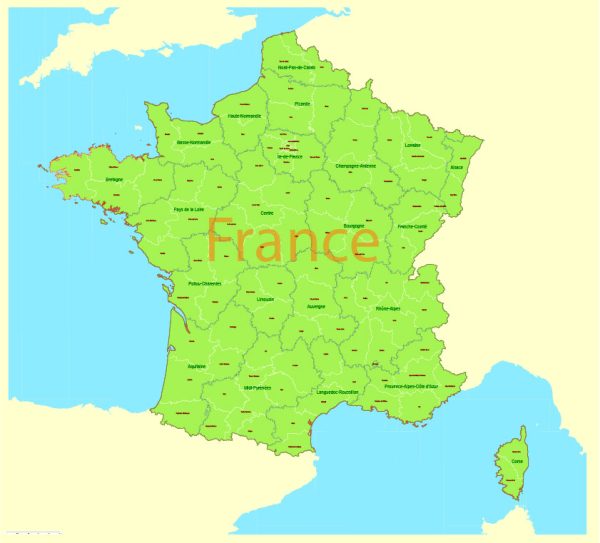
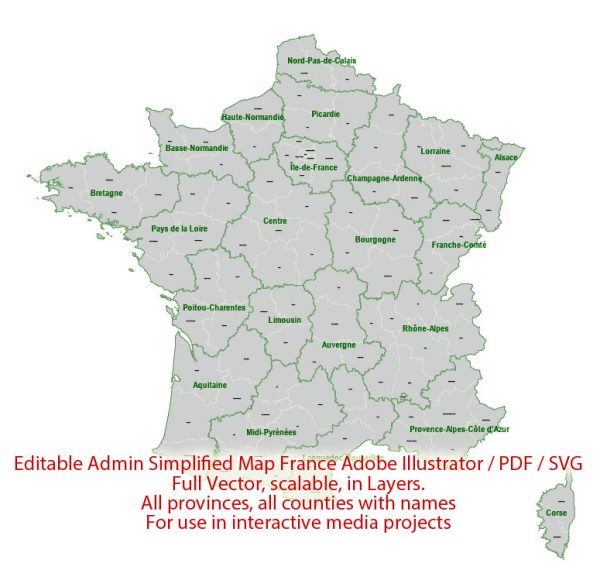
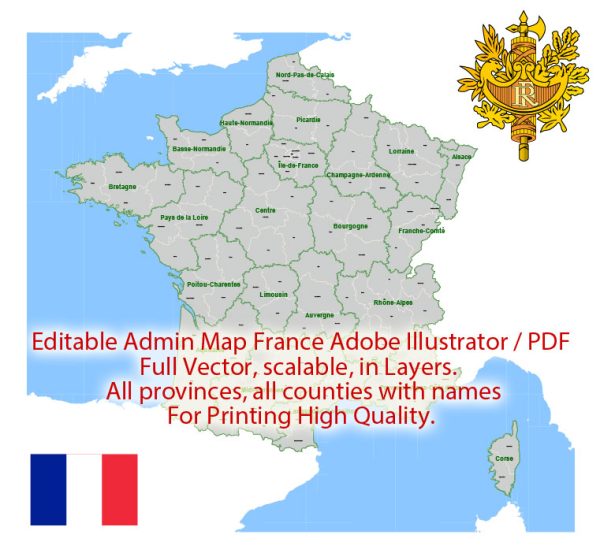
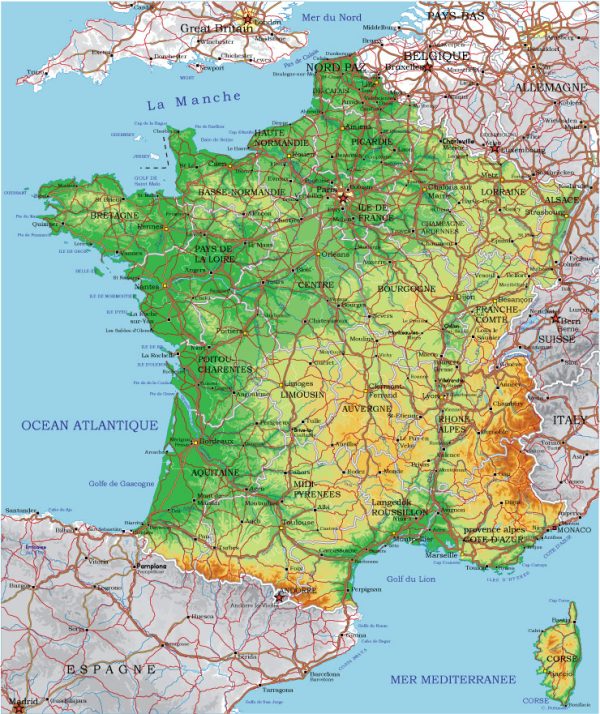
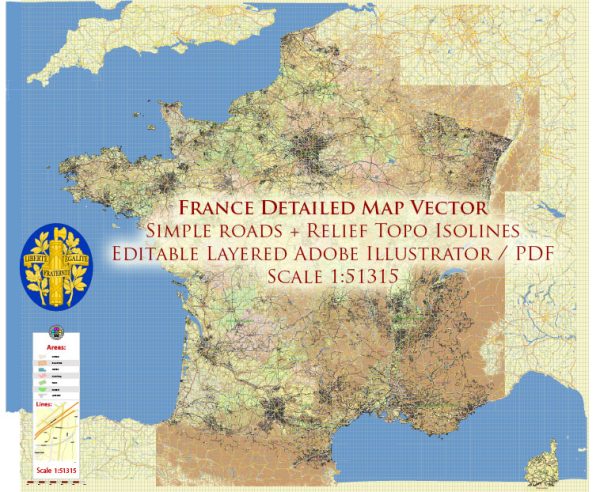
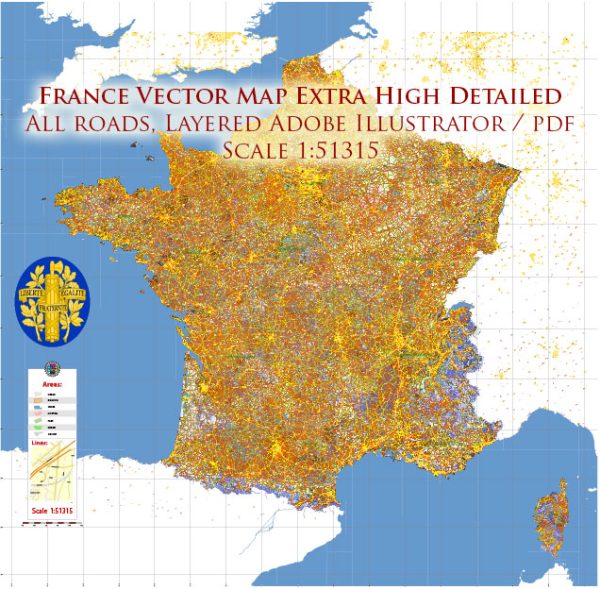
 Author: Kirill Shrayber, Ph.D. FRGS
Author: Kirill Shrayber, Ph.D. FRGS